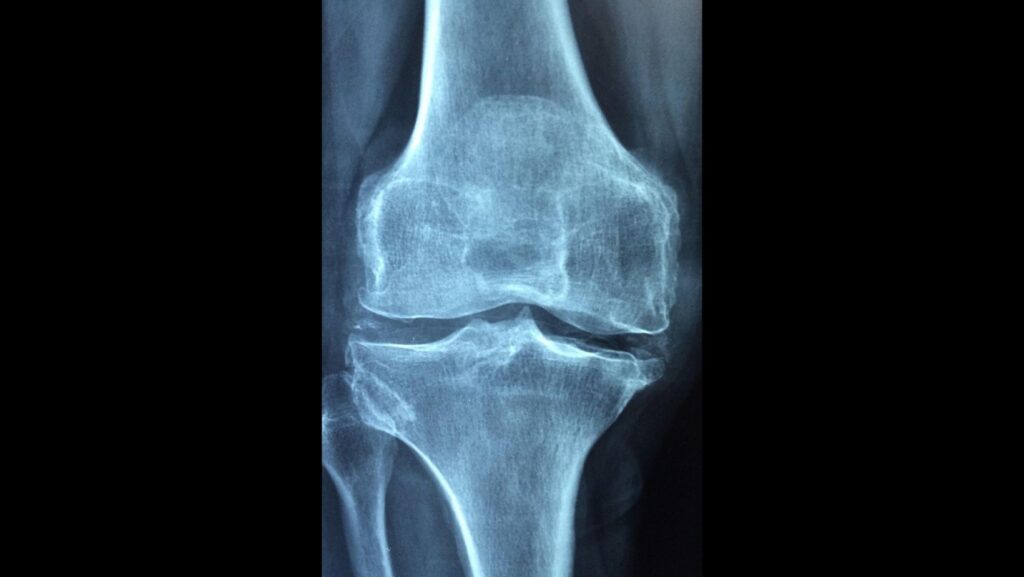Arthritis is a condition that affects millions worldwide, causing pain, swelling, and reduced mobility. Early detection will manage this chronic disease and improve the quality of life for those affected. Recognizing the signs and symptoms early can result in timely interventions and treatment options that can slow progression.
Early detection provides a pathway to better management strategies so that those with arthritis can lead fulfilling lives. Read on to explore the numerous benefits of identifying arthritis early, highlighting how proactive approaches can make a difference.
Reduced Pain and Discomfort
Pain and discomfort are common elements associated with arthritis, and timely intervention can help manage and minimize these feelings. Medications, lifestyle changes, and physical therapies can improve a patient’s comfort level. But before jumping into treatments, there are also some natural ways to alleviate arthritis pain early on: patients can manage their weight and stress levels, practice self-care, or even revise their behavior. These small lifestyle changes can positively impact both the physical and psychological toll that chronic pain can take. Fast attention to symptoms avoids the spiral into higher levels of discomfort and improves well-being.
Better Emotional and Psychological Well-being
Arthritis is a chronic condition that can harm people’s emotional and psychological health. Early detection allows for support avenues to become available sooner, which can alleviate feelings of isolation and anxiety. Counseling and support groups focused on chronic pain management can facilitate discussions and offer coping strategies.

Know that addressing arthritis symptoms early can prevent the debilitating effects that prolonged pain has on mental health. When individuals have access to emotional support and resources to manage their condition, they tend to report higher levels of life satisfaction. Even when faced with a chronic diagnosis, affected patients can still take care of their mental well-being.
Cost-Effectiveness of Early Intervention
Treating arthritis at later stages incurs higher medical costs due to advanced complications such as surgery or aggressive treatments. Preventive measures will help avoid costs related to lost wages or reduced productivity due to pain and disability. They may include regular check-ups and maintaining treatment adherence, which is financially less burdensome in comparison to treating a chronic flare-up or surgery.
Insurance plans cover early interventions and allow patients to access affordable care options. Implementing a proactive care plan reduces the overall healthcare burden and encourages a sustainable approach to living with arthritis over time. The cost savings translate into reduced financial stress and improved access to comprehensive medical care.
Improved Treatment Outcomes
Identifying arthritis in its early stages allows for more effective treatment options. Early intervention means that doctors can prescribe medications that can slow the disease’s progression, such as disease-modifying antirheumatic drugs (DMARDs).

These treatments are more effective when started early, potentially reducing the risk of joint damage, which becomes irreparable as the disease advances. Better treatment outcomes will result in a higher quality of life so that individuals can engage more fully in daily activities.
Early detection can also involve a multidisciplinary approach, integrating physical therapy and occupational therapy. A proactive treatment strategy, initiated during the initial symptoms, promotes a more comprehensive management plan that adapts as the disease evolves.
After examining the importance of early detection in managing arthritis, it’s clear that recognizing symptoms promptly can increase the quality of people’s lives. Individuals with arthritis can harness the benefits outlined above for more enriched lives despite their diagnosis.
